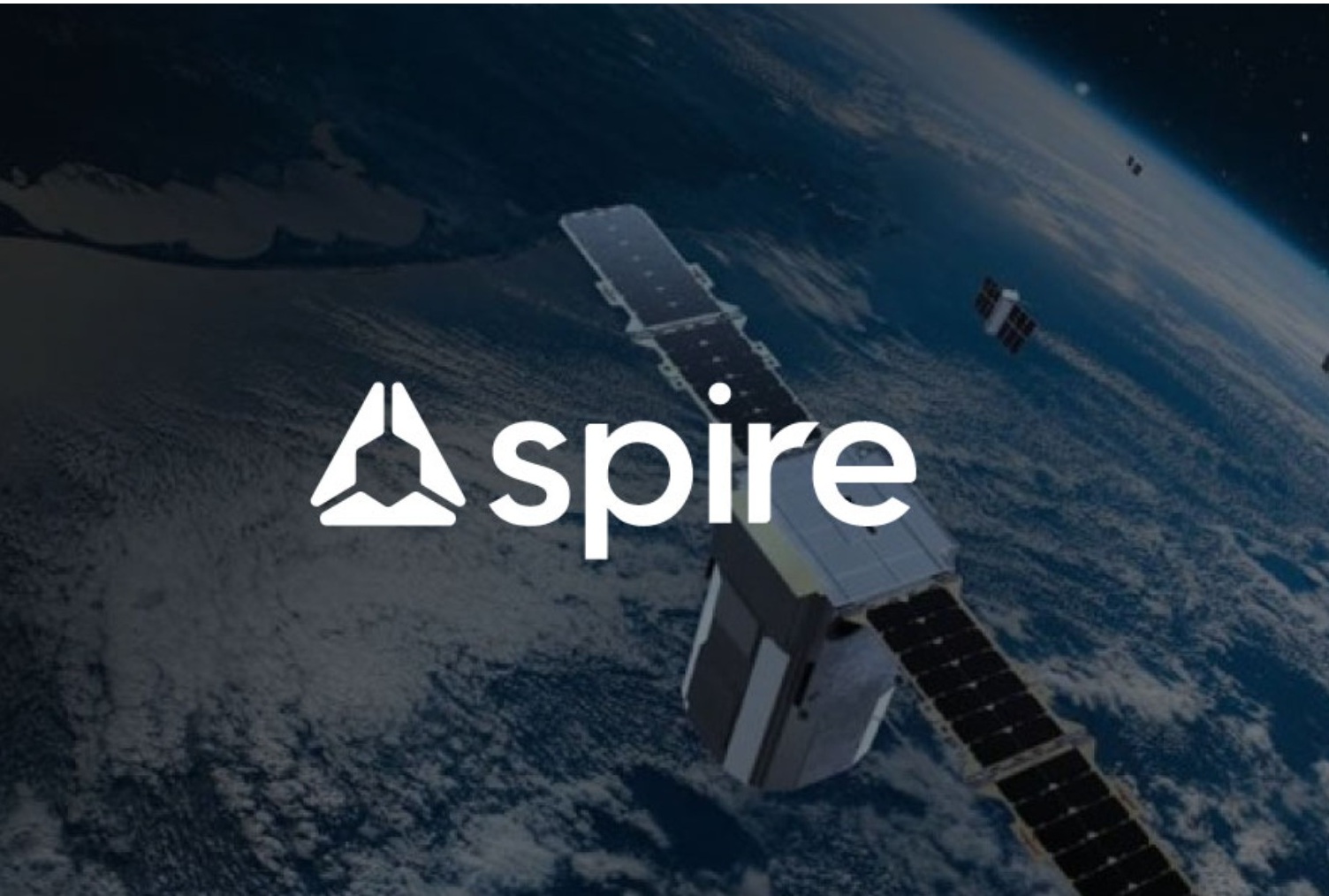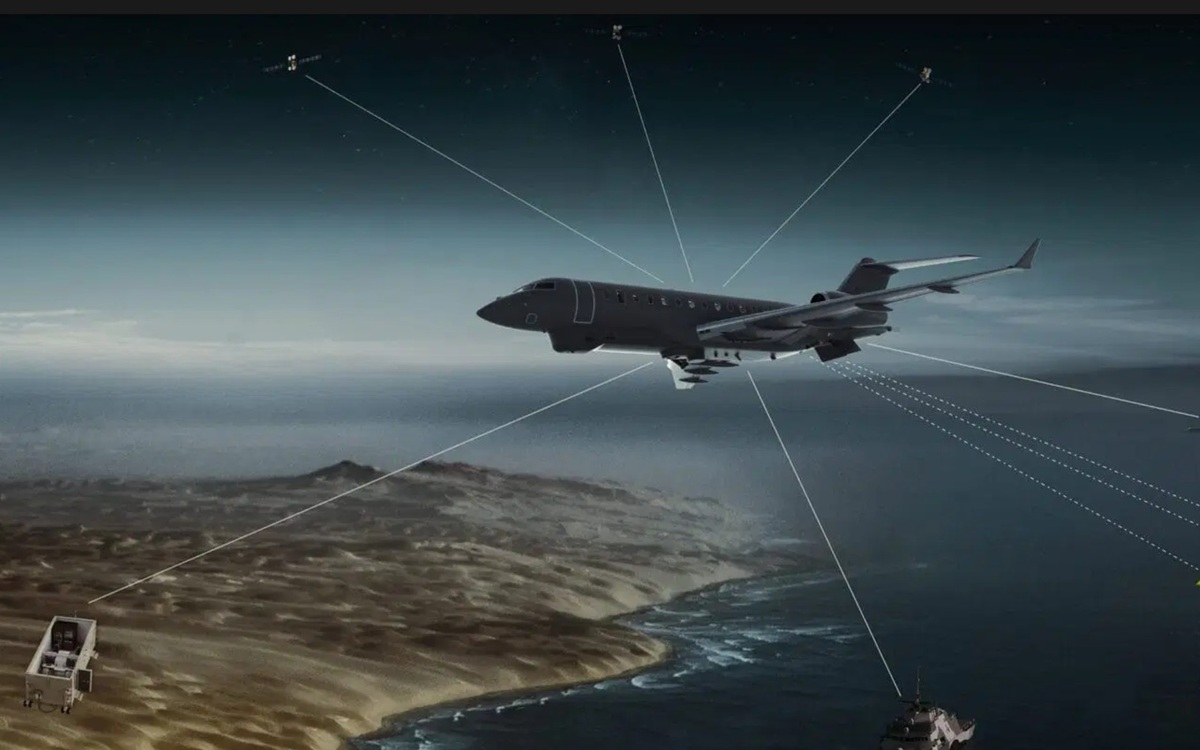Vienna, Virginia: In a major win that underscores the growing synergy between commercial space innovation and national defense, Spire Global, Inc. has been selected by the U.S. Space Force’s Space Systems Command for a pivotal contract under the Space Test Experiments Platform (STEP) 2.0 program. Valued at up to $237 million over a decade, this indefinite delivery/indefinite quantity (IDIQ) contract positions Spire as a key player in designing, building, integrating, and operating small satellite buses that will host cutting-edge space experiments.
The STEP 2.0 contract is a cornerstone of the Department of Defense’s broader Space Test Program, which has a rich legacy of over 300 missions dedicated to testing and validating emerging space technologies. As one of only 12 companies awarded this contract, Spire is now eligible to compete for future task orders to deliver standardized, adaptable satellite platforms. These platforms will enable rapid deployment and on-orbit demonstration of innovative sensors and instruments, crucial for advancing national security and space science.
Mark Carhart, Director of Program Sales at Spire Global, emphasized the significance of this opportunity: “Spire’s vertically integrated approach to satellite manufacturing and mission operations offers government partners the speed, flexibility, and reliability they need to advance critical space technologies. We’re proud to be among the companies selected for STEP 2.0 and to have the opportunity to deliver critical technology that supports rapid, on-orbit experimentation.”
This contract reflects a broader shift in how space experiments are conducted-moving away from lengthy, costly traditional methods toward agile, commercial-driven solutions that leverage rideshare launches and modular satellite designs.
The Space Test Experiments Platform (STEP) 2.0 program is designed to streamline and accelerate the process of testing space-based systems. By harnessing commercial satellite providers like Spire, the program provides the Department of Defense with standardized satellite buses that can host a wide array of experimental payloads. This modularity allows for diverse sensors and instruments to be integrated quickly and efficiently, reducing time to orbit and enabling more frequent technology demonstrations.
Moreover, STEP 2.0 supports experiments not only in orbit but also aboard the International Space Station, expanding the range of environments where technologies can be validated. This flexibility is vital for rapidly evolving defense and scientific needs, where timely access to space-based testing can mean the difference between maintaining technological superiority or falling behind.
Founded with a vision to revolutionize access to space-based data, Spire Global has built an impressive infrastructure that combines satellite manufacturing, constellation operation, and data analytics under one roof. This vertical integration allows Spire to maintain control over every stage of mission development, ensuring rapid turnaround times and high reliability-qualities that are critical for government contracts like STEP 2.0.
Spire operates a fully deployed constellation of small satellites equipped with radio frequency technology, delivering real-time data on weather, maritime and aviation traffic, and space environment conditions. The company’s expertise in managing complex satellite networks and delivering actionable intelligence positions it as a trusted partner for national security and commercial clients alike.
In addition to its data services, Spire offers “Space as a Service” solutions, enabling customers to leverage its satellite infrastructure for their own missions. This innovative approach lowers barriers to entry for organizations seeking to deploy space assets, fostering a more dynamic and accessible space economy.
The U.S. Department of Defense’s decision to engage commercial providers like Spire through STEP 2.0 signals a strategic embrace of private sector innovation to maintain technological edge in space. By awarding contracts with flexible, multi-year scopes and encouraging competition among a select group of companies, the Space Force aims to foster a vibrant ecosystem where new technologies can be rapidly tested and deployed.
This approach not only accelerates the development of critical space capabilities but also drives cost efficiencies, helping to stretch defense budgets while maximizing mission impact. Spire’s participation in STEP 2.0 exemplifies how commercial space companies are becoming indispensable partners in national security.
With the STEP 2.0 contract extending over ten years, Spire Global is poised to play a transformative role in the evolution of space experimentation. The company’s ability to design and operate versatile satellite buses will enable the U.S. Space Force and other government agencies to test a wide range of technologies-from advanced sensors and communications systems to space situational awareness tools and beyond.
As space becomes an ever more contested and critical domain, programs like STEP 2.0 and partnerships with innovators like Spire will be essential to ensuring that the United States remains at the forefront of exploration, defense, and scientific discovery.





